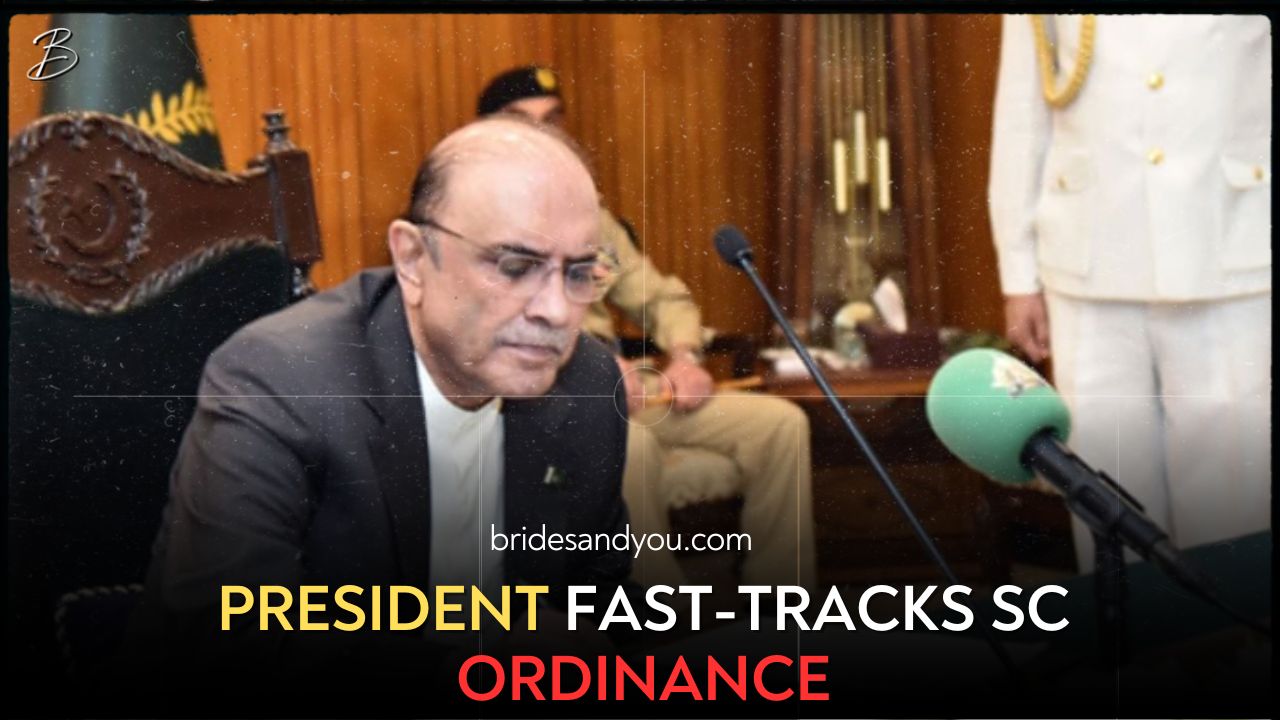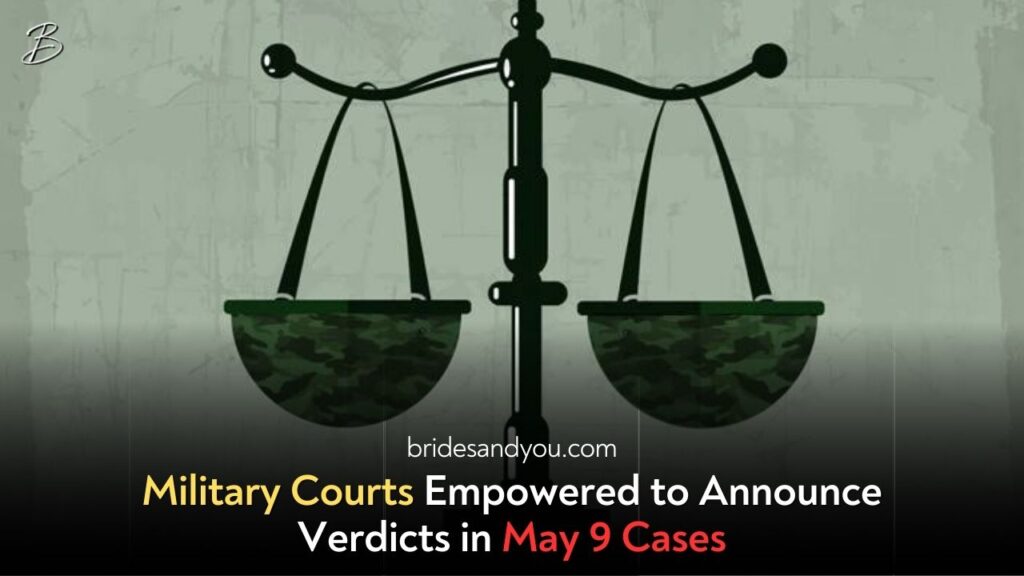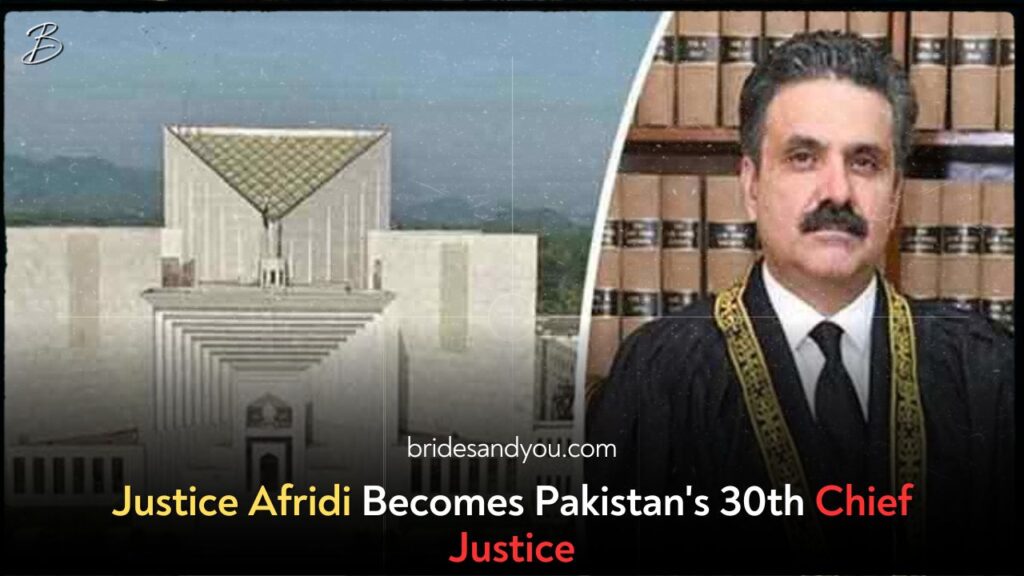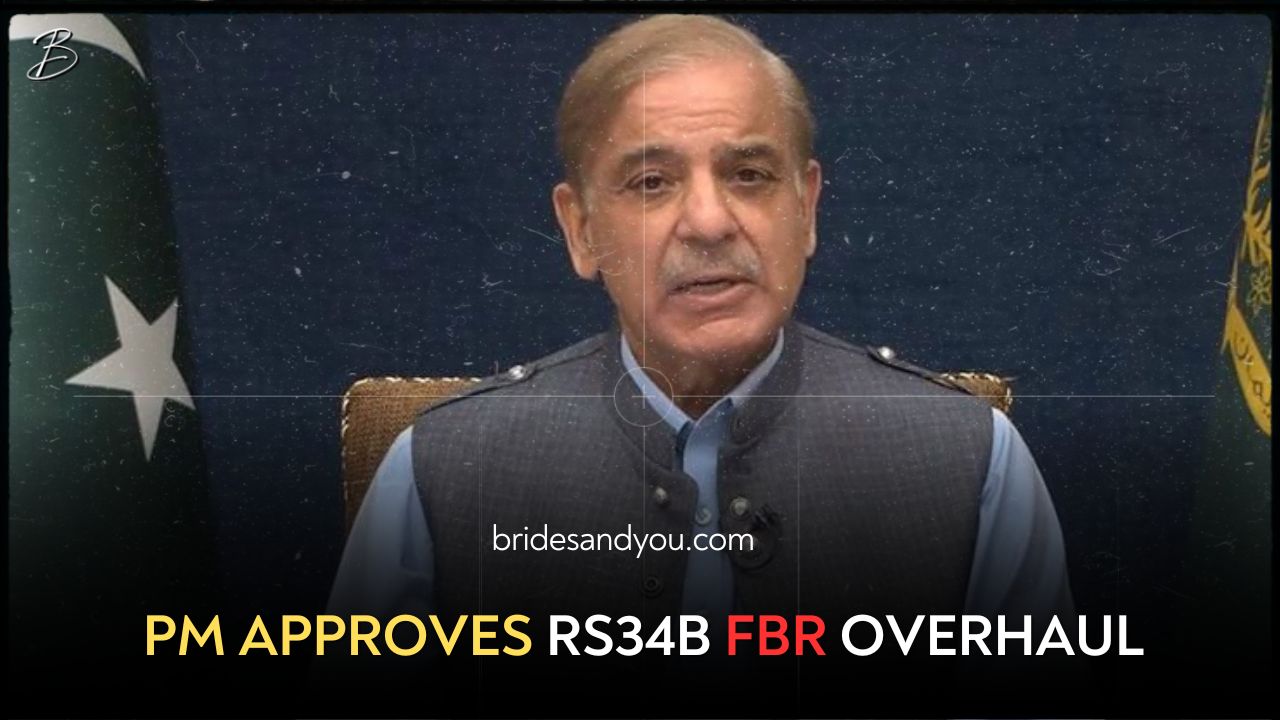Now Reading: PRESIDENT FAST-TRACKS SC ORDINANCE
-
01
PRESIDENT FAST-TRACKS SC ORDINANCE
PRESIDENT FAST-TRACKS SC ORDINANCE

President Asif Ali Zardari on Friday promulgated the Supreme Court (Practice and Procedure) Amendment Ordinance, 2024, granting Chief Justice of Pakistan (CJP) Justice Qazi Faez Isa the authority to select a judge of his choice for the committee responsible for managing the apex court’s affairs.
Following the president’s signing of the ordinance, the CJP swiftly nominated Justice Aminuddin Khan as the third member of the committee. This committee, established under the 2023 act, oversees the constitution of benches and handles suo motu notices, among other procedures. Justice Khan replaces Justice Munib Akhtar in this role.
Federal Minister for Information and Broadcasting, Attaullah Tarar, confirmed the promulgation of the ordinance. He explained that the amendment was necessary as cases were being delayed due to the unavailability of a third committee member. He noted that the pending review appeal related to Article 63-A is one such delayed case, which should have been resolved by now.
The Pakistan Muslim League-Nawaz (PML-N)-led coalition government aims to modify Article 63 to address the voting process for dissenting members of the assembly. The amendment is crucial, as Article 63-A pertains to disqualifying lawmakers who vote against their party’s directives during key votes such as the election of the prime minister or chief minister, and motions of confidence or no-confidence.
The Supreme Court previously ruled in May 2022 that votes cast by defecting lawmakers would not be counted. This decision played a pivotal role in dissolving Hamza Shahbaz’s short-lived government in Punjab, which had been supported by 25 dissident PTI lawmakers.
Amid ongoing political tensions, Deputy Prime Minister Ishaq Dar canceled his scheduled trip to the United States to manage domestic political affairs during Prime Minister Shehbaz Sharif’s visit to Washington.
The amendment to Section 2 of the Supreme Court (Practice and Procedure) Act changes the composition of the bench-forming committee. Previously, it consisted of the CJP and the two most senior judges. Now, the CJP will nominate the third member, alongside the next senior judge of the Supreme Court.
Additionally, the amendment to Section 3 requires that any bench hearing a case under Article 184(3) of the Constitution must first identify and justify the public importance of the case and the fundamental right being enforced through a reasoned order.
Two new sections, 7A and 7B, have also been introduced. Section 7A mandates that cases be heard based on the “first in, first out” principle unless specific laws or criteria require prioritization. Any deviation from this rule must be justified in writing. Section 7B states that all Supreme Court proceedings must be recorded, with transcripts available to the public for Rs50 per page.













